
Fast, affordable Internet access for all.


When a community invests in a municipal broadband network, it often does so because it hopes to reap economic benefits from the network. Many people and organizations have explored the positive relationship between municipal Internet networks and economic development, including a White House report published in January 2015. Municipal networks create jobs by ensuring businesses have fast, affordable, and reliable Internet access; the old DSL and cable networks just don't cut it. These networks improve the productivity of existing businesses and attract new businesses to communities, allow individuals to work from home more effectively, support advanced healthcare and security systems, strengthen local housing markets, and represent long term social investments in the form of better-connected schools and libraries. They also create millions of dollars in savings that can be reinvested into local economies.
"Upgrading to higher speed broadband lets consumers use the Internet in new ways, increases the productivity of American individuals and businesses, and drives innovation throughout the digital ecosystem." - Executive Office of President Obama
When municipalities choose to deploy fiber networks, they introduce Internet services into the community that are not only significantly faster than DSL and cable, but more reliable. With more reliable fiber connections, businesses and individuals are far less likely to experience temporary blackouts that can halt productivity in vexing and expensive ways. And because these networks are locally-owned and operated, business owners do not have to spend hours on the phone with an absentee Internet Service Provider like AT&T in the (albeit unlikely) event of a problem.
We at the Institute for Local Self-Reliance have catalogued numerous examples of economic development achievements that have occurred as a result of local governments deploying a municipal broadband network. Below, you can find a wide range of articles, studies, anecdotes, and other resources that speak to the economic successes enabled by municipal networks, organized by topic:
Keep up to date with all things community broadband by subscribing to a once-per-week email with stories about community broadband networks.
Municipal networks create jobs:
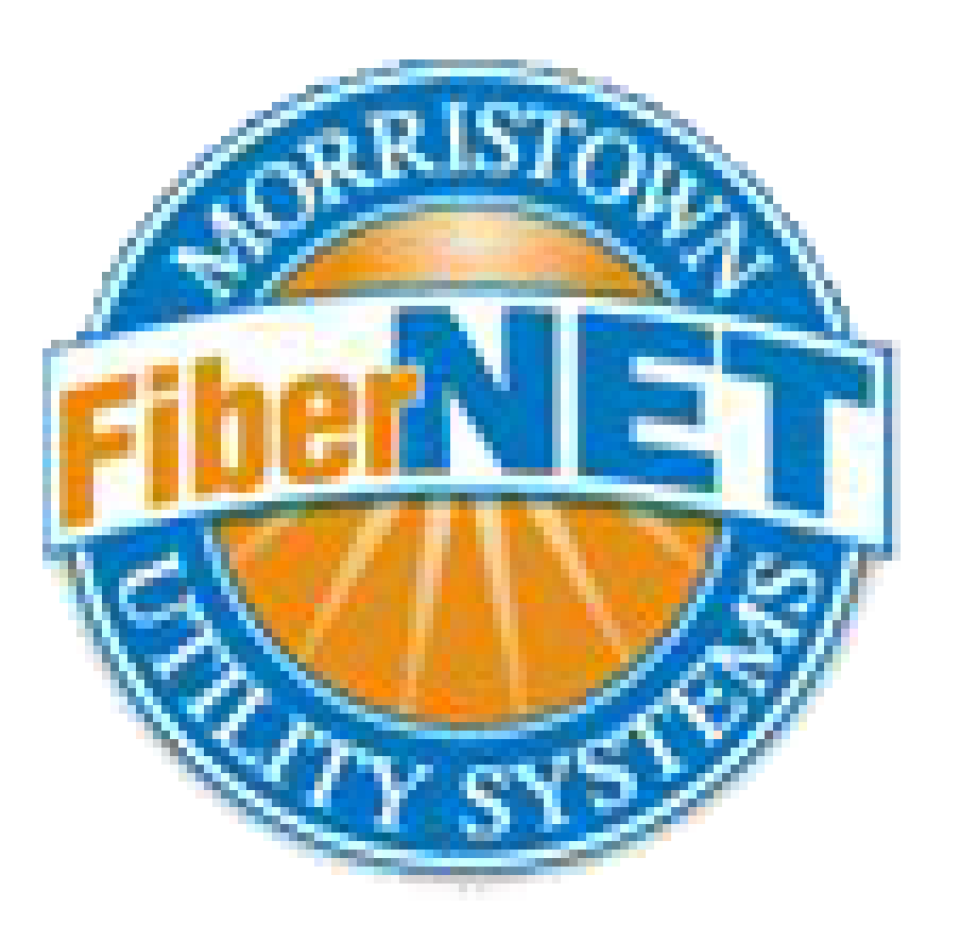
Look no further than Morristown, Tennessee, for an example of job creation thanks to municipal fiber. The city took advantage of its local electrical utility, Morristown Utility Systems, to provide gigabit speeds, and businesses jumped at the opportunity. In 2013, Oddello Industries, a furniture manufacturer, brought 228 jobs to the community after investing in a $4.4 million site expansion in Morristown. More recently, a call center looking to relocate to the city was wowed by the municipal utility’s offer to install fiber for free because the city valued the future economic benefits the call center would bring to Morristown over the cost of the fiber installation.
"You can't grow jobs with slow Internet." - Stephanie Rawlings-Blake, Mayor of Baltimore
Municipal networks attract new businesses:
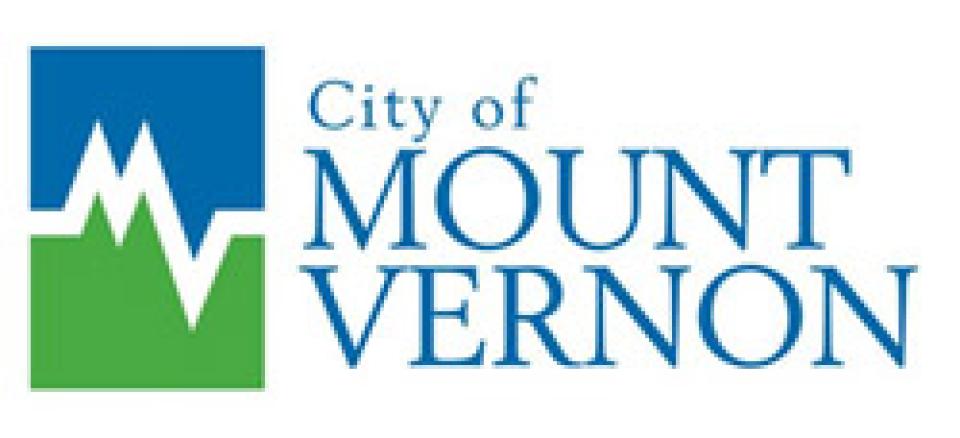
The city of Mount Vernon, Washington has two things in common with our country’s first president, but unlike George, it boasts an impressive municipal broadband network that has attracted high-tech businesses. For example, a digital legal firm, Blank Law, relocated from Seattle to Mount Vernon in order to take advantage of faster speeds offered by the city’s municipal broadband network. While high-speed Internet was not the only reason Blank Law cited for choosing Mount Vernon over other towns (other reasons include quality of life and free parking), it played a significant role. Fiber is rarely the sole reason for a relocation, but it can often be a deciding factor.
"It's almost a feeling of disbelief when we tell companies today we can provide a gig to your business and to your house...These companies want to go where they can see the gig service." - Marshall Ramsey, President of the Morristown, Tennessee Chamber of Commerce
Municipal networks serve existing businesses and keep critical jobs in town:

The small Minnesota town of Windom nearly entered crisis mode when Fortune Trucking, a local company that employed 47 people in a town of 4,600, announced that slow Internet speeds might force it to leave town. Although the company’s headquarters were located a mile outside of the Windom’s jurisdiction, community members successfully lobbied to bring municipal fiber to Fortune, saving those jobs and stabilizing the local economy.
"Municipal broadband can be a powerful lever against the digital divide that condemns people to the isolation and reduced economic opportunities experienced by many of our low-income, disabled, and people of color community members" - Kshama Sawant, Seattle City Councilmember

Municipal networks support home-based productivity:
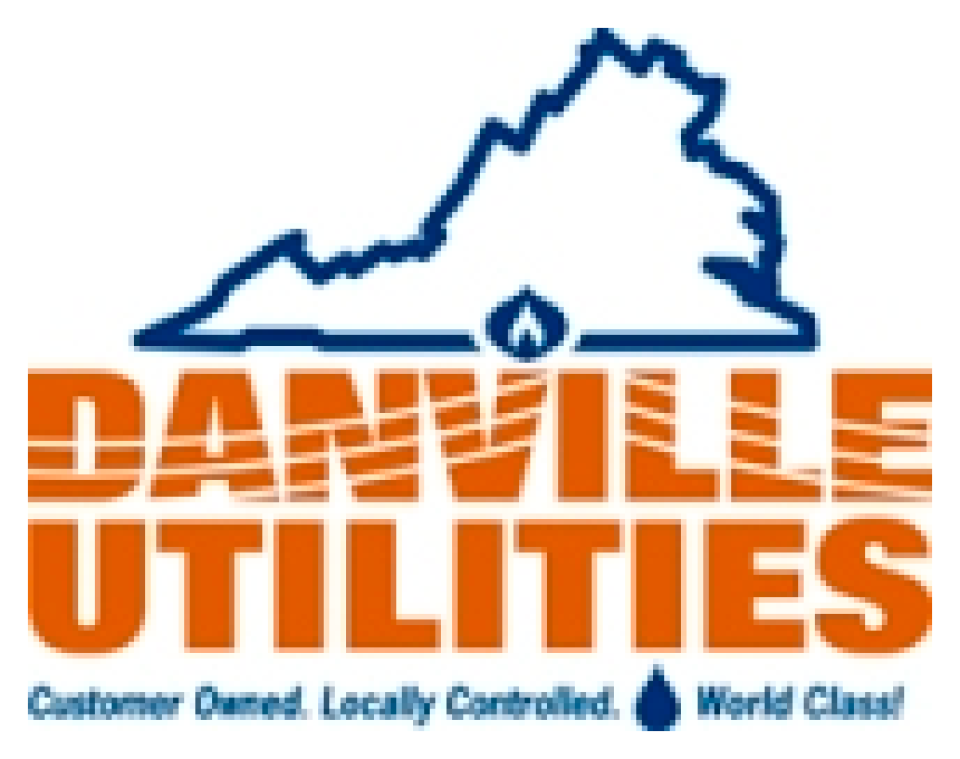
Municipal networks advance healthcare, education, and research:
"We are embarking on new initiatives with our local school district and regional colleges and universities to leverage broadband and to facilitate discussion between schools and the business community to strengthen, retain and attract quality workforce" - Dana McDaniel, Deputy City Manager of Dublin, Ohio
Municipal networks initiate tech booms and incubate start-ups:

"...in the 21st century, in this age of innovation and technology, so much of the prosperity that we're striving for, so many of the jobs we want to create, depend on our digital economy" - President Barack Obama, Speech at Cedar Falls Utilities

Municipal networks save money, which can be reinvested in local economies:
Municipal networks increase home values:
 Photo courtesy of Dennis van Zuijlekom through Flickr Creative Commons
Photo courtesy of Dennis van Zuijlekom through Flickr Creative Commons
General resources on economic development and municipal / broadband networks:
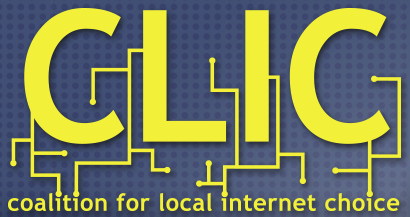
"The message to policymakers is clear: If you want to increase economic growth, focus on broadband." - Robert Pepper, Vice President of Global Technology Policy at Cisco
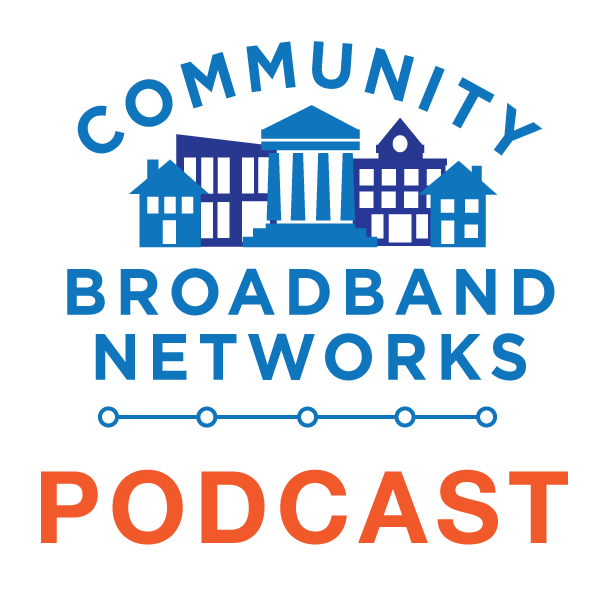
Video and audio resources on economic development and municipal networks:
"Having the infrastructure in place around technology, as well as the asset of this really historic and charming downtown, is a really interesting intersection and I think a lot of people are drawn to that." - Kimberly Van Dyk, Director of Planning and Community Revitalization of Wilson, North Carolina
A feasibility study conducted by the Lubbock Power & Light (LP&L) Electric Utility Board this April discussed several potential benefits of installing a fiber optic cable in the City of Lubbock, Texas. Charles Dunn, a member of the Utility Board, proposed installing fiber optic cables alongside the city’s utility lines, which are currently being buried underground as part of a three-phase, $1.9 million downtown redevelopment initiative.
A fiber optic cable, Dunn contended, could increase Internet speeds hundredfold (from a max speed of around 10 Mbps to one above 1 Gbps), attract high tech companies to the city, and induce Texas Tech University students to stay in Lubbock after they graduate. In Lubbock, where Internet speeds run about 35 percent slower than they do in the rest of the state, a fiber network could be a boon for businesses and residents alike.
According to the April feasibility study, the fiber project might not even eclipse $100,000. LP&L would shoulder the costs of the project by drawing from its own budget. Both Dunn and LP&L director of electric utilities, David McCalla, believe that fiber would greatly benefit the community.
CEO of McDougal Companies, Marc McDougal, also argued in favor of the installation of the cable. From Fox 34 News:
Quite honestly, it would give us something that very few cities have... It would give us a huge advantage in another market to recruit businesses for downtown Lubbock.
Changes in leadership in Chanute have put the community's FTTH plan in suspended animation. In April, the City Commission decided to delay financing shortly before the scheduled bond sale. It is unfortunate that residents and businesses will lose the opportunities the fiber deployment would bring. Nevertheless, they deserve the right to make their own choices, good or bad.
The community of Chanute deployed a network incrementally with no borrowing or bonding in order to improve efficiencies, save public dollars, and control connectivity for municipal facilities. Local schools and colleges, struggling to compete, began taking advantage of technology in the classroom and expanded distance learning. The network eventually created a number of economic development opportunities when community leaders started providing better connectivity to local businesses. We told Chanute's story in our 2013 report "Chanute's Gig: One Rural Kansas Community's Tradition of Innovation Led to a Gigabit and Ubiquitous Wireless Coverage."
Chanute made history when it was the first municipality in Kansas to obtain permission from the Kansas Corporation Commission to issue bonds for the project. They also became the first municipality in the state to seek and receive "eligible telecommunications carrier" (ETC) status. Chanute was awarded over $500,000 in Rural Broadband Experiment Funds from the FCC. Whether or not they will still be able to take advantage of those funds remains a question. After taking action and putting so many of the necessary pieces in place, it is disheartening to see the plan abandoned by politicians.
Regardless of the future of the FTTH project, Chanute has the infrastructure in place to encourage more economic development, connect community anchor institutions, and allow the community to control its own costs. The FTTH project is still a possibility.
When we talk to municipal network leaders about lessons learned, they often tell us that marketing is an area where they feel a particularly vulnerability. Whenever we see a great piece of marketing from a municipal network, we like to share it.
When Longmont rebranded its FTTH network under the name NextLight, they released this awesome video. Check it out!

For years, we have urged municipal networks to cooperate in various ways to lower costs. For instance, by building a shared middle mile network to aggregate their bandwidth and get a better deal due to the higher volume. So it came as a bit of a shock that Georgia Public Web has been helping many municipal networks in these ways for well over a decade. David Muschamp, President and CEO of Georgia Public Web (GPW), joins us for episode 156 of Community Broadband Bits to discuss what the member-owned nonprofit organization does to improve Internet access across the state.
GPW operates over 3000 miles of fiber connecting businesses and even entire communities. They operate a 365-24-7 network operations center and provide consulting, focusing particularly on the needs of the nearly 30 local governments that own the company.
This show is 18 minutes long and can be played on this page or via Apple Podcasts or the tool of your choice using this feed.
Transcript below.
We want your feedback and suggestions for the show-please e-mail us or leave a comment below.
Listen to other episodes here or view all episodes in our index. See other podcasts from the Institute for Local Self-Reliance here.
Thanks to bkfm-b-side for the music, licensed using Creative Commons. The song is "Raise Your Hands."
As we have learned, communities with municipal networks have tended to be politically conservative. Nevertheless, conservative state level politicians have often supported measures to revoke local authority to encourage local Internet choice. Recently, Alabama State Senator Tom Whatley, a Republican from Auburn, expressed his support for local authority in AL.com.
Whatley introduced SB 438, which would remove service area restrictions on municipal providers and remove the currently restriction preventing other municipalities from providing voice, video, or Internet access services. As he notes in his opinion piece, the bill did not move beyond the Transportation and Energy Committee, but he also asserts that he will be back next year to press for the measure.
Auburn is near Opelika where the community has deployed a FTTH network to serve residents and spur economic development. If the restrictions are eliminated, Opelika could expand to Auburn and even other rural areas nearby.
Whatley makes comparisons to the strides America made with the national interstate system. He also acknowledges the way Chattanooga's network has transformed what was once described as the "dirtiest city in America." Whatley takes the same approach we encounter from many communities where, after failed attempts to entice private providers to serve their citizenry, eventually decided to take on the task themselves.
He writes:
As a Republican, I believe the private sector is usually the best and most efficient method for providing a service. But when private companies, for whatever reason, make a decision not to serve an area, we should not handcuff the people of that region if they decide to use a public entity to receive that service (in this case, broadband Internet) in order to compete today for the jobs of tomorrow.

Many communities feel like they are an island without proper connectivity but Islesboro, Maine, is literally an island... without proper connectivity. This week, we talk with Page Clason, Manager of the Broadband Internet Working Group for the island that is moving toward a fiber solution to expand high quality Internet access.
We discuss the differences between a mainland community and island life, the dynamic between full time residents and people who live on the island part of the time, and what Islesboro is doing to ensure everyone has high quality Internet access. We also touch on the discussions around how to pay for the fiber. We recently wrote about the vote to move forward with an engineering study and contractor search.
This show is 20 minutes long and can be played on this page or via Apple Podcasts or the tool of your choice using this feed.
Transcript below.
We want your feedback and suggestions for the show-please e-mail us or leave a comment below.
Listen to other episodes here or view all episodes in our index. See other podcasts from the Institute for Local Self-Reliance here.
Thanks to bkfm-b-side for the music, licensed using Creative Commons. The song is "Raise Your Hands."
Communities all over Colorado have voted to reclaim local authority during the past year. Even though elected officials in Fort Collins are exploring the municipal network option, the City Council has yet to present the question to voters. Editors at the local news outlet, the Coloradan, recently expressed their support for a municipal broadband network, urging community leaders to let voters decide.
The Editorial Board focuses on the benefits Fort collins can expect from increased economic development, telemedicine capabilities, and relieved congestion from telecommuting. They see Internet access as one of the essential services cities provide such as water and electricity. The Editorial Board notes that city leaders have already budgeted $300,000 to create a strategic plan that includes community broadband.
The Board acknowledges that there are many unanswered questions - funding, cost, motivation for a deployment. Yes, questions need to be answered along the way, but it is time to move forward:
One hurdle is a 2005 state law that bans municipalities from starting their own telecommunications service, however, either a local vote or a federal waiver could override the law.
The time is now to sidestep the ban and approve municipal broadband.
On June 5th, the Main House of Representatives voted 143 - 0 in favor of LD 1185, the Maine bill to provide state planning and implementation grants for local municipal networks. Representative Norm Higgins, the sponsor of the bill, contacted us to let us know about the incredible support for the bill.
LD 1185 proposes to provide $6 million this year for local communities seeking to establish networks that want to take advantage of the state's middle-mile network, the Three Ring Binder. The House amended the bill to include general goals for the fund and its purpose in bringing better connectivity to Maine.
The amendment also creates specifications between planning and implementation grants and establishes caps on awards. Planning grants cannot exceed $25,000 and implementation grants cannot exceed $200,000. Implementation grants require a 25 percent match from the requesting municipality; planning grants require a one-to-one match. The amendment is available online.
Now that the House has put their stamp of approval on the bill, it is up to the Maine Senate to approve the measure and send it on to the Governor. According to Higgins, it appears to have strong bipartisan support; funding is the only area of uncertainty. He anticipates it will be before the Appropriations Committee within the next two weeks.
Dublin, Ohio's Dublink has been saving public dollars and spurring economic development since 2002. The gigabit fiber network is on the verge of a 100 gigabit upgrade. The Dublin Villager reports that in early May the City Council voted to implement the 100-Gigabit Dublink Ignite program.
According to the Villager:
The city has budgeted $865,000 over the next six years to complete the project, [City Manager Dana] McDaniel said, and will also use $300,000 in state funds and $360,000 from the Ohio Academic Resource Network for use of additional fiber optics for the project.
Increasing the city's fiber capability will allow the Dublin to provide fiber optics to older office buildings and make then more attractive, McDaniel said.
In addition to bringing fiber to a greater number of office buildings, the project may even lead to "fiber to the cubicle."
As we reported in 2014, Dublin collaborated with the Ohio Academic Resources Network (OARnet) to create CORN, also known as the Central Ohio Research Network. This new 100 gigabit initiative plans to encompass those partnerships so companies can potentially access OARnet and CORN.
Dublin operates a "meet me" room at a local data center and anticipates using that facility as a place were a number of ISPs can compete for commercial customers.
According to a detailed memo from Dana McDaniel [PDF], the city has calculated significant benefits for local businesses. Here are just a few (emphasis ours):